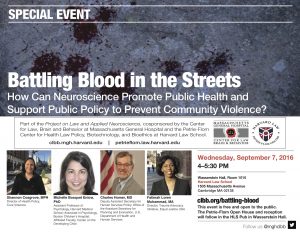By Tania Lombrozo | NPR | September 19, 2016
New research suggests that even college students who overwhelmingly report that they accept interracial relationships show greater activity in the insula — a brain region associated with disgust — when presented with images of black-white interracial couples than when presented with images of same-race couples.
An article by one of the researchers explains that the set of studies including this result was designed “to examine how people really feel about interracial relationships” (emphasis added). And the article’s headline touts the corresponding conclusion: “Most people are accepting of interracial marriage, right? The brain shows a different story.”
But when it comes to what people really accept, think or feel, are physiological measurements the authority? Why trust brain activation over what a person says? Continue reading »




